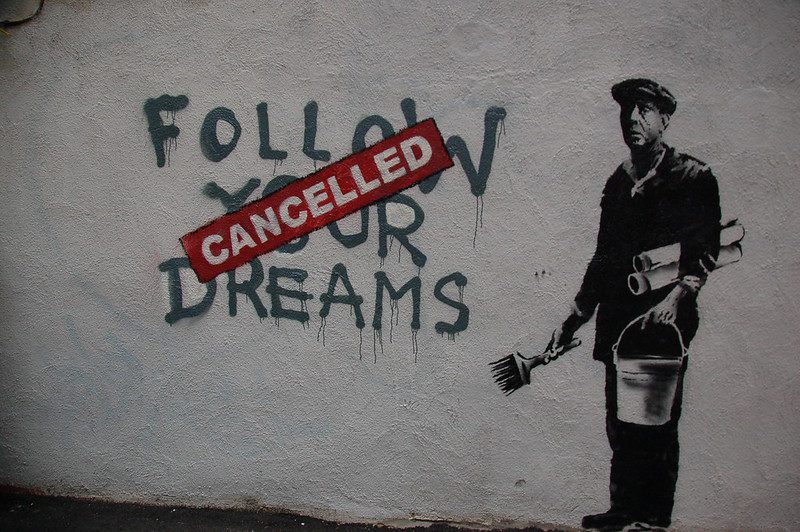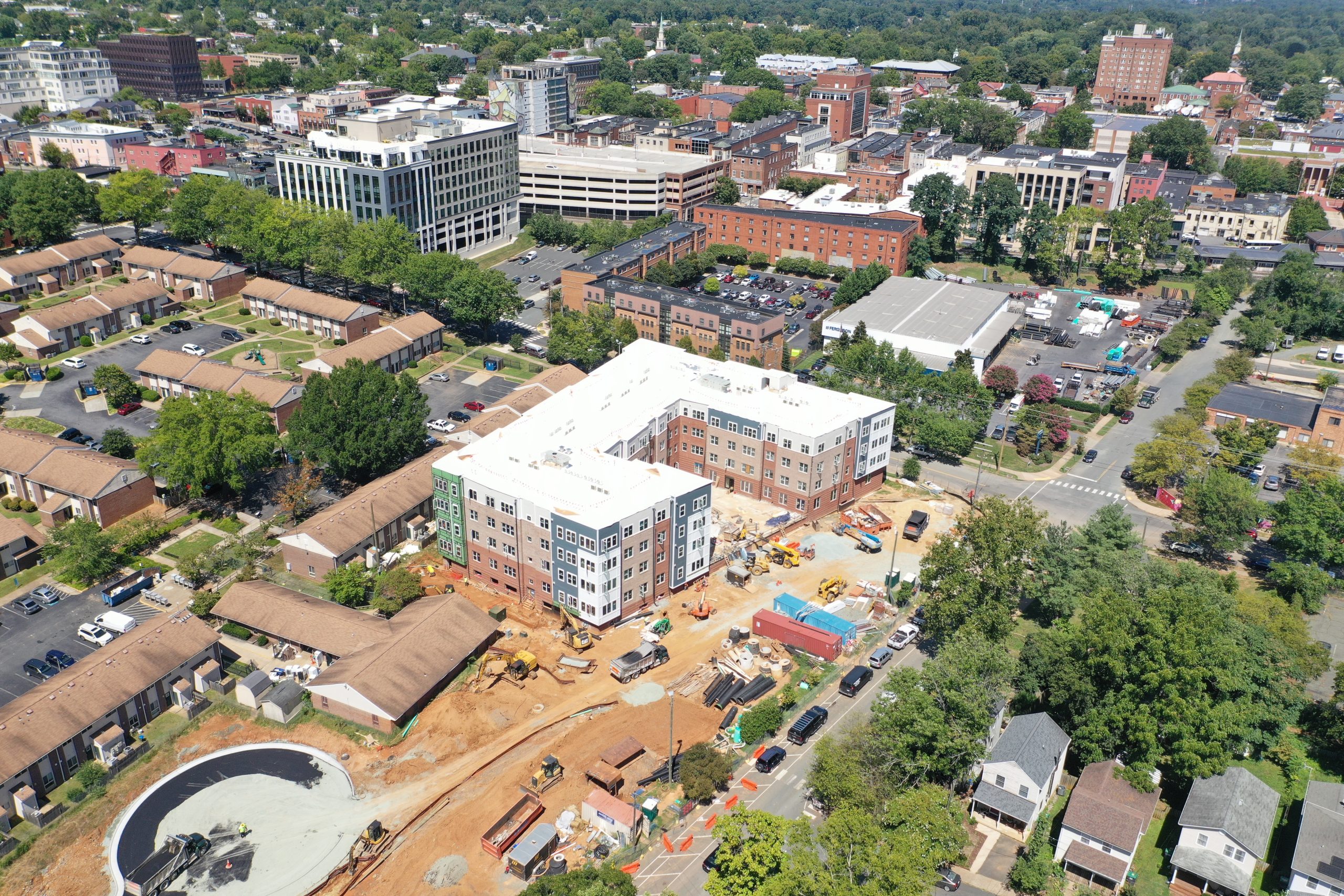Homeownership seems to be falling out of favor. Newspapers these days are peppered with articles that highlight the skepticism of younger Americans about whether buying a home is a good investment, and with so many people still suffering the effects of the housing crisis that started in 2008, who can blame them? The MacArthur Foundation recently published the results of a nationwide survey of Americans' attitudes and perceptions about housing. Based on this survey, many people feel that, given the changes over the past several decades in the way we live our lives, renting a home has become more appealing and owning less appealing. Perhaps more surprisingly, a majority of adults believe that renters can be just as successful as owners at achieving the American Dream. But is this really true, or, in the current backlash against homeownership, are we in danger of throwing out the baby along with the bath water?
Just what does it mean to achieve the American Dream, and why has it been so closely associated with homeownership? The ideal of the American Dream is the opportunity to achieve a better life, unconstrained by class and caste distinctions that are prevalent in other parts of the world. The myth of America is that you can start from nothing and succeed by hard work and ability alone. But in practical terms, to really move up and out of poverty, American families need to build asset wealth, not just grow their incomes; historically, the best way to build asset wealth has been through homeownership . Because of this, homeownership and the American Dream are deeply entwined in public perception, to the point that many people think homeownership is the American Dream.
It is also important to consider that historically, the opportunity to own a home and build asset wealth has not been equally available to all segments of the population. Because of restrictive covenants, redlining, and other discriminatory practices, minority populations have not had the same access to homeownership as white populations, contributing to today’s disparity in both homeownership and poverty rates between white and minority households. What is especially troubling is that the gap between white and minority homeownership rates is widening, meaning that minorities continue to have less access to asset wealth building opportunities than their white peers. While today’s young renters may be happy with their housing tenure, for lower-income families, access to homeownership can be a real and necessary step toward financial stability—provided, of course, that the homeownership opportunity is not unaffordable, speculative, and risky.
Because of homeownership’s traditional role in helping create strong, stable neighborhoods, communities across the United States have developed programs to promote affordable homeownership opportunities and assist first-time homebuyers. Our work at Cornerstone Partnership has focused on building the scale and capacity of community homeownership programs that preserve long-term affordability. We help these programs implement a series of best practices we call “stewardship,” which encompasses a range of activities, including pricing units affordably, educating and supporting buyers, preventing predatory lending, and preserving public subsidy for future generations of homebuyers. Over the last several years, we have helped hundreds of agencies strengthen their programs, gain knowledge from their peers, and collect data to support the impact of their work. Not surprisingly, research conducted by the Urban Institute in 2010 revealed that stewarded programs with long-term affordability have seen far lower foreclosure rates than the national average.
There is no doubt that the housing crisis hurt homeowners, especially those in the middle income ranges. Six years after the start of the crisis, we are still suffering its effects. As a nation, our faith in homeownership has taken a blow. Certainly not everyone wants or is ready to own a home, and a range of decent and affordable housing options should be available in every community. But homeownership done right provides unparalleled asset-building opportunities with multi-generational benefits. Tellingly, the MacArthur Foundation survey revealed that despite skepticism about the benefits of homeownership, 70 percent of respondents who are non-owners aspire to own a home someday. Wouldn’t it be great if there were more safe and affordable options available to make this dream come true?
(Photo by Alan Cleaver, CC BY.)





You are to be commended for the important work you are doing. I do believe homeownership is not for everyone and has been oversold. Neighborhoods with high rate of homeownership tend to be more stable, primarily because the type of people who own homes are more stable to begin with. Homeownership does not covert someone to being a responsible citizen
The idea that the value of a home will appreciate forever was only true in affluent suburbs, particularly near the ocean where land is scarcer. The idea that home appreciation and borrowing against it was a substitute for sharing the nation’s profitability through decent wages fueled the predatory lending epidemic. Stagnant wages means people skimp on home maintenance. Eventually they became victims of predatory loans, couldn’t pay them and lost their homes. The fixed costs of owning and selling homes is hard on mobile people who may need to change geographies to pursue work. Homeownership means you don’t have a landlord taking power over your life, but has been overrated as an investment. With so much housing in the hand of investor landlords, and banks unwilling to lend to all but the higher end of the scale, supply and demand may cause rents to rise. However ultimately housing can’t be separated from the resources available to the lower end of the income scale. People need decent resources, both wages and some kind of investments and savings, to thrive.